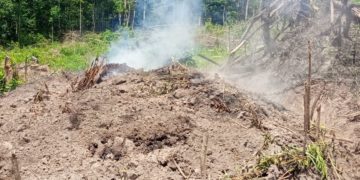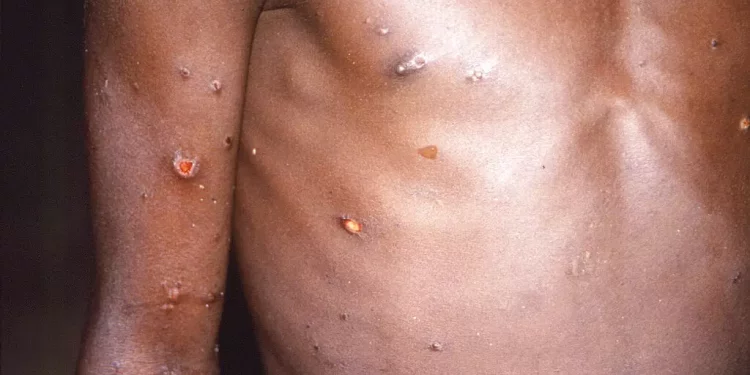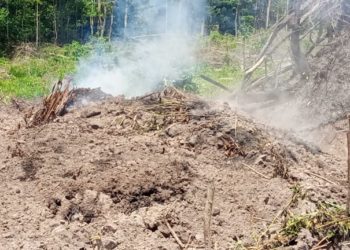Liberia has recorded its first case of Monekypox in three years, health authorities have announced.
The case was detected in Maryland County, Liberian Health Minister, Dr. Wilhelmina S. Jallah, said. She said a person who had traveled from neighboring Cote d’Ivoire had shown signs and symptoms of the disease, noting that a sample collected and tested came back positive for the viral disease.
According to the minister, the 43-year-old patient was taken to an isolation center in Pleebo, the largest city in Maryland, where they were undergoing treatment.
Monkeypox is a zoonotic viral disease that can spread from animals to humans but can also spread between people through close contact with an infected person. The virus belongs to the same family as Ebola and smallpox.
The confirmation of the case in Liberia on Saturday, July 23rd, happened on the same day the World Health Organization (WHO) declared the outbreak a global health emergency of international concern.
Dr Tedros Adhanom Ghebreyesus, WHO Director General, said the outbreak had spread around the world rapidly, through new modes of transmission about which “too little” was understood, and which meets the criteria of an emergency under the International Health Regulations. That followed rising number of cases of the disease.
Latest data from the global health agency show that over 16, 000 people have now been infected with the viral disease in more than 75 countries. These figures include both non-endemic and newly-affected nations.
Described as a tropical zoonosis, Monkeypox was first isolated in laboratory monkeys in Denmark, in 1958. but the first human case was detected in the Democratic Republic of Congo in 1970.
Symptoms of Monkeypox typically include skin rash or lesions, fever, intense headache, muscle aches, back pain, low energy and swollen lymph nodes. In many patients, the symptoms clear up on their own between two to four weeks, but severe cases and even death can occur.
The case fatality ratio for monkeypox is estimated at around 3-6%, according to WHO.
There is only one vaccine known to be effective for the disease, and it’s called Imvanex. Initially made for smallpox, Imvanex is only approved for use on people 18 years and above and it is not widely available.
Sierra Leone, which is considered as endemic to Monkeypox, is one of the first countries in Africa to record cases of the virus which falls under the genus orthopoxviruses.
For decades, only a few cases of monkeypox were reported sporadically across the world. In 2017, there was a sudden spike, with more than 2,800 suspected cases reported in five countries.
The viral disease has been known to be mostly present in West and Central Africa.
Sierra Leone recorded its first human case in 1970. And in 2019, after 44 years, it reported another case.
Liberia had its last case in 2018, according to the National Public Health Institute in a statement.
Maryland, where the latest Liberian case has been detected, is situated in the southeastern part of the country, where it shares border with Cote d’Ivoire, which is also endemic to the virus.
The Liberian government said it has heightened its surveillance system to ensure active case detection at ports of entry, including the Roberts International Airport.
The health minister allayed fears of escalation, citing the country’s capacity to detect, and conduct analysis of a sample within 24hrs.
Jane Macaulay, Director General of the National Public Health Institute of Liberia (NPHIL), told journalists that the institute had deployed a surveillance team on the affected region and they were conducting case findings and contact tracing.
Dr. Peter Clements, the WHO Country Representative to Liberia, was also present at the press briefing, and he stated that the global health body was in full readiness to work with the Liberian authorities to manage and control the further spread of the virus in the country.




















